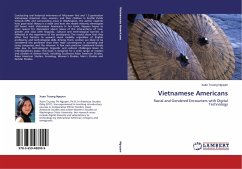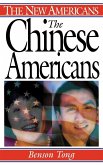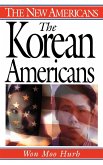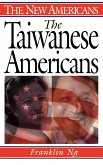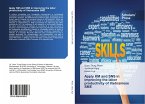Vietnamese first came to the United States as refugees in the 1970s, after the Vietnam War. The Vietnamese Americans, written by a former Vietnamese refugee, is the only in-depth resource especially for students and general readers with a solid introduction to Vietnam, the history of Vietnamese immigration, and a forthright analysis of Vietnamese Americans' struggles to forge a better future. As their adjustment process is chronicled from the perspectives of the family and ethnic community, the label of the model minority is debunked to reveal both minor economic successes and serious problems such as high school dropouts and gang activity. With the increasing emphasis in the curriculum on Asians and the debates on new immigration, The Vietnamese Americans provides an essential component to understanding the evolving ethnic mosaic in this country. After an overview of Vietnam, culminating in a brief history of U.S. involvement there, the U.S. Government policies on Vietnamese immigration and the eventual resettling of the refugees themselves in more hospitable climates, such as in California, are detailed. Do describes how early immigrants paved the way for later ones with the building of ethnic communities. Crucial issues in the Vietnamese American community, such as mental health and gang activity, are highlighted. An important chapter on employment and education trends reveals a precarious position on the ladder to success. These immigrants' impact on the larger society is explained with descriptions of two important festivals, Vietnamese restaurants, the Little Saigon enclaves, and political participation, including some pressure on the government to influence events in Vietnam. A concluding chapter addresses the future of the Vietnamese American community, assessing the model minority myth, economic survival, cultural preservation, political agenda, and problem generations and community development.
Hinweis: Dieser Artikel kann nur an eine deutsche Lieferadresse ausgeliefert werden.
Hinweis: Dieser Artikel kann nur an eine deutsche Lieferadresse ausgeliefert werden.


